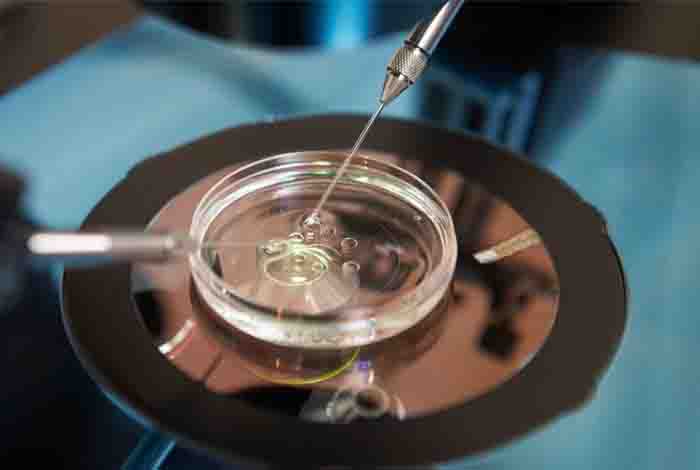
9 Things You Would Like to Know About IVF (In Vitro Fertilization)

In Vitro Fertilization (IVF) is one of the most advanced forms of fertility treatment where an embryo is fertilized outside the body by fusing eggs and sperm in a laboratory. Embryos are made to grow inside incubators designed especially to closely mimic the environment inside a woman’s fallopian tubes in the uterus. After growing in vitro, the embryo is transferred back to uterus with a high chance of pregnancy.
Here we have mentioned 10 things you should know about In Vitro Fertilization:
Choosing the Best Doctor

It is important to go see an experienced doctor who takes a comprehensive and individualized approach to the fertility treatment, rather than the ‘one-size-fits-all’ approach. It can be an intense relationship, so it should must be a good personality fit.
Going for Other Tests Before IVF
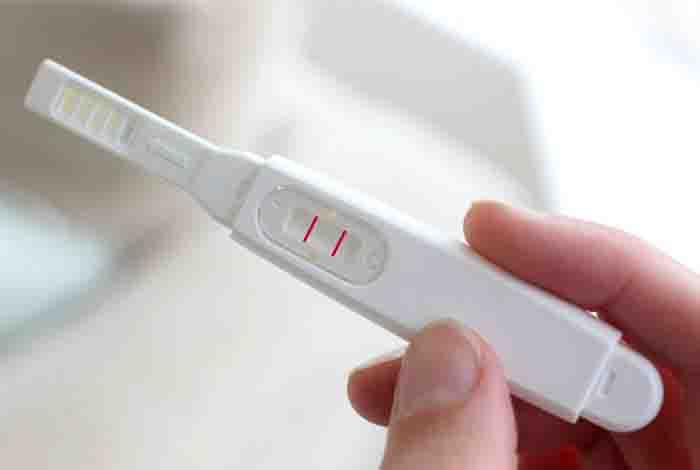
The tests before IVF are covered by medical insurance. The testing involves assessing the patient’s ovary, measuring blood markers of the ovarian reserve like an anti-mullerian hormone and follicle-stimulating hormone (FSH) levels. Analysis of semen and the uterine cavity are also performed. There are some pre-pregnancy blood tests to detect infectious diseases, genetic risk, and hormone abnormalities.
Having Artificial Insemination Before IVF
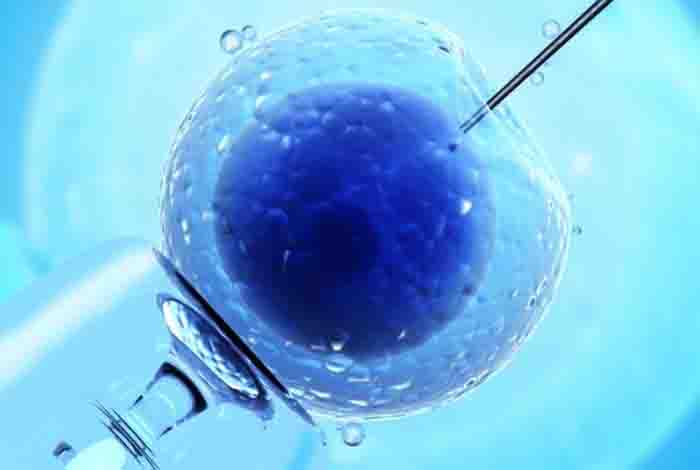
It is not necessary to have artificial insemination or intrauterine insemination before IVF. There are several reasons to go for artificial inseminations, such as having infertility problems, the same-sex couple wanting biological children, and wanting to have children without a partner.
Finding the Right Place to Go for IVF
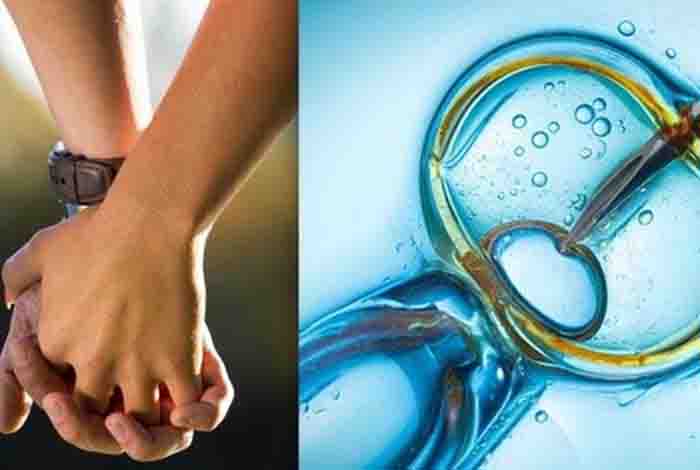
FertilityIQ is a popular website where the patients can rate their fertility doctors. The U.S. Centers for Disease Control and Prevention (CDC) compiles data on fertility clinics, but it may be challenging to compare labs and clinics due to the different types of patients each may treat.
Getting Pregnant with No Ovaries
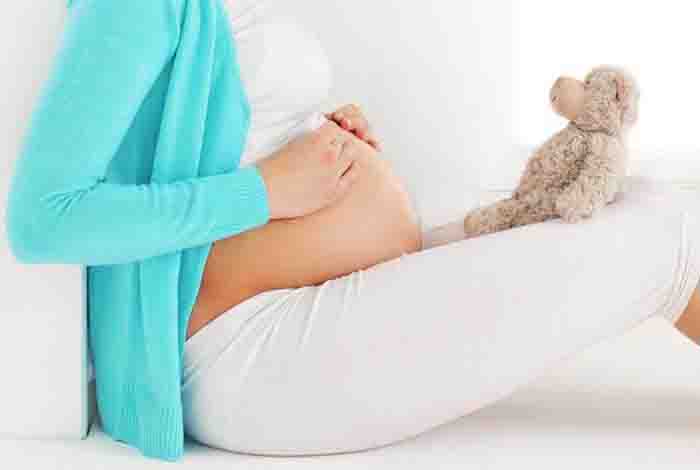
There is little data on the outcome of previously frozen eggs removed from teenage girls, but the outcomes from frozen donor eggs from women in their 20s showed a better result. Study of frozen eggs from women in their early 20s, suggests there is around 60 percent chance of having one baby and 20 percent of having two babies.
It also has been concluded that not all eggs survive the freezing process. If the eggs aren’t successful, the uterus could still carry a pregnancy that is created by using a donated egg.
Undergoing IVF After Menopause

New eggs cannot be used in In Vitro Fertilization after menopause. However, if an individual has previously frozen embryos or eggs, these can be used to achieve pregnancy with IVF even after menopause. People can try this using an egg donor. The uterine lining can be stimulated to get ready for pregnancy by providing progesterone and then estrogen prior to placing an embryo inside the uterus.
Managing IVF-related Anxiety
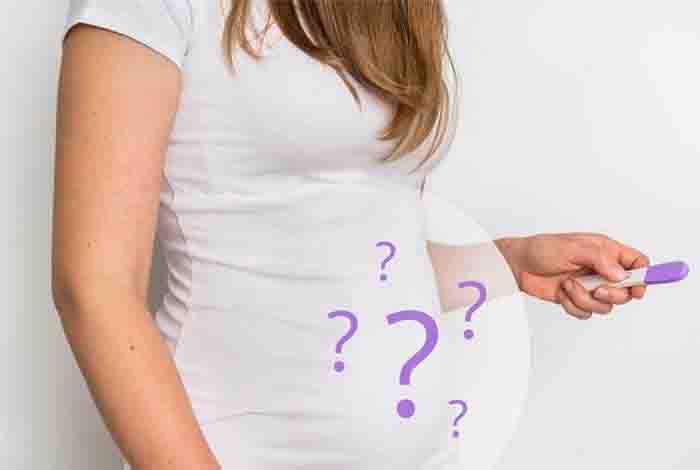
There is not a clear link between IVF and depression and anxiety. However, these conditions can be more associated with In Vitro Fertilization given the stress induced by infertility. Also, if IVF is not successful, these symptoms can become more severe.
Knowing the Number of Embryos to be Implanted in IVF
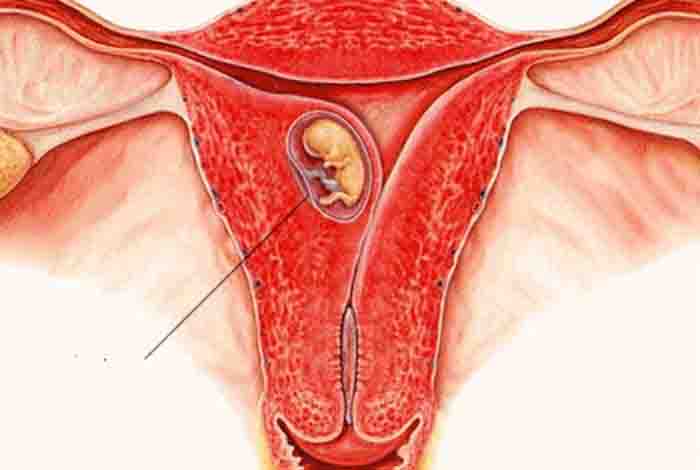
The number of embryos transferred has been decreasing over the past few years. The common number transferred is now 1-2 depending on the stage and quality of the embryos, the patient’s earlier IVF history, and genetical test of embryos. If preimplantation genetic testing has been done, it is recommended to transfer only one embryo.
Using a Sperm Donor with IVF
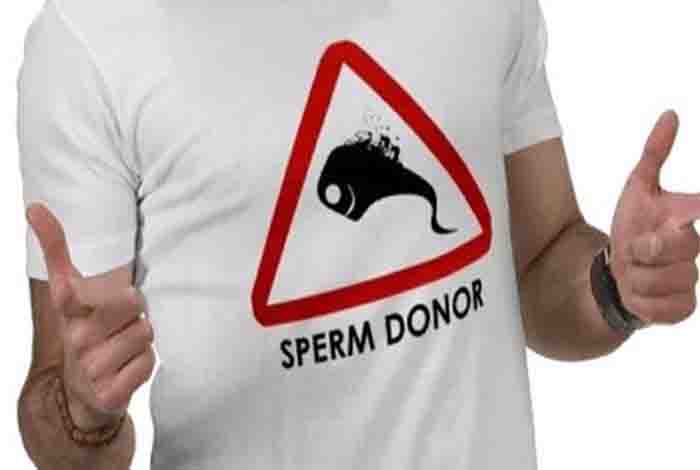
Yes, sperm from a donor can be used to fertilize eggs in IVF. The donor’s family history needs to be checked to make sure they don’t suffer from any serious genetic diseases that could be passed onto any children conceived.










